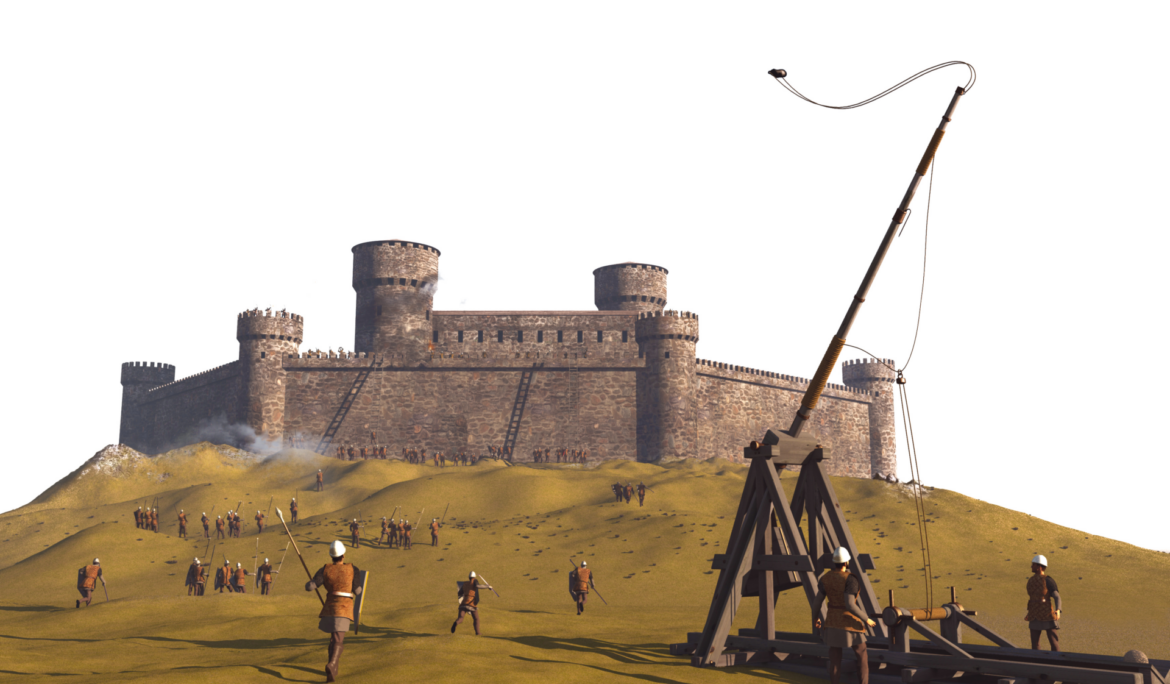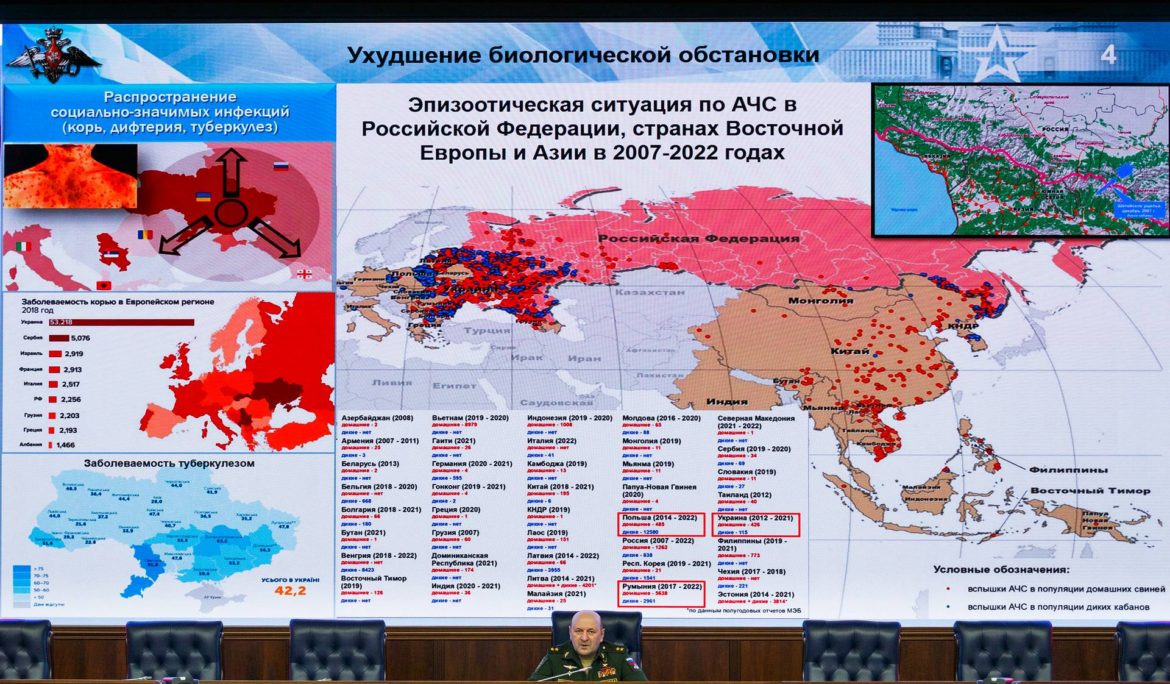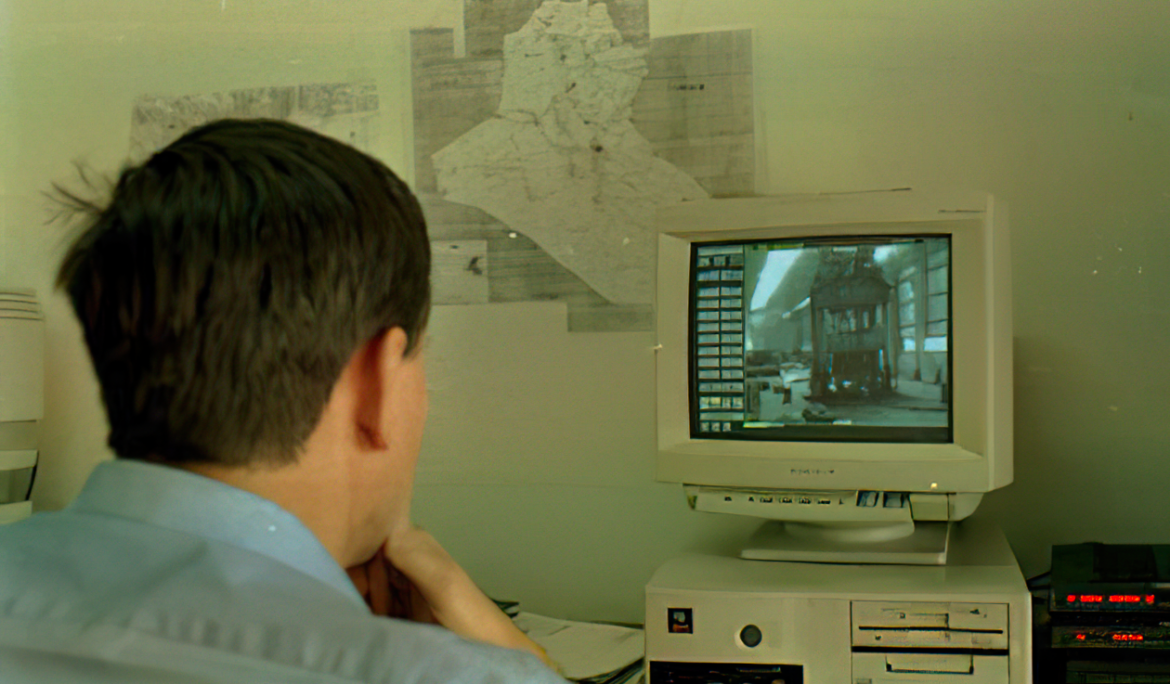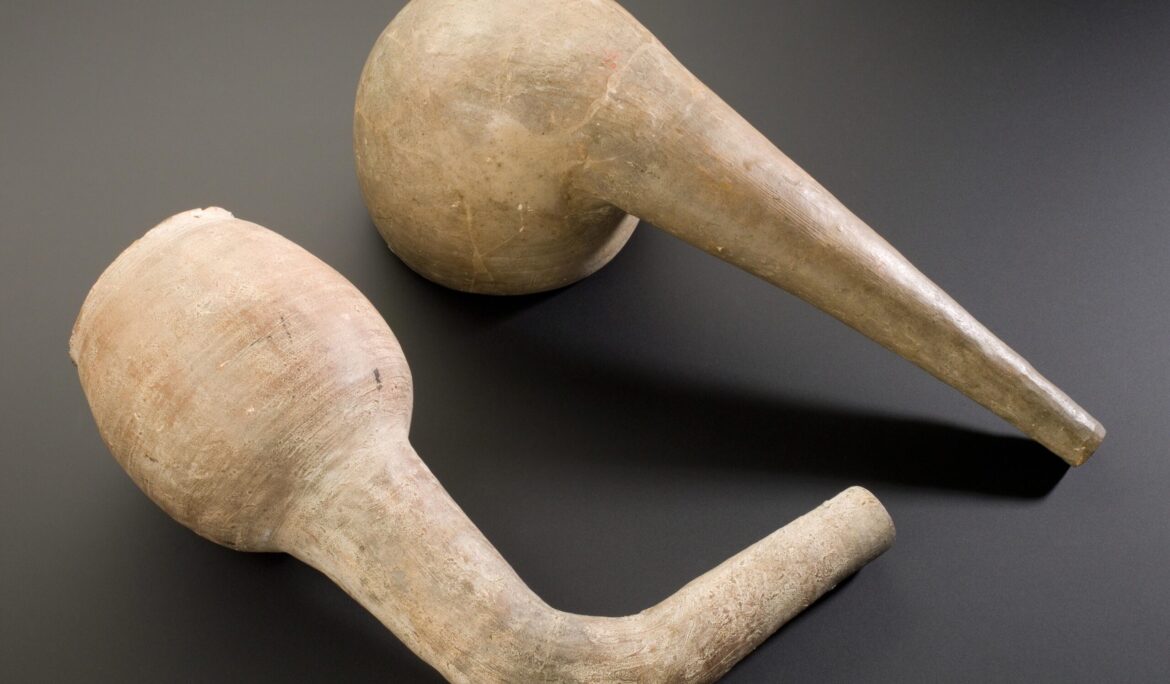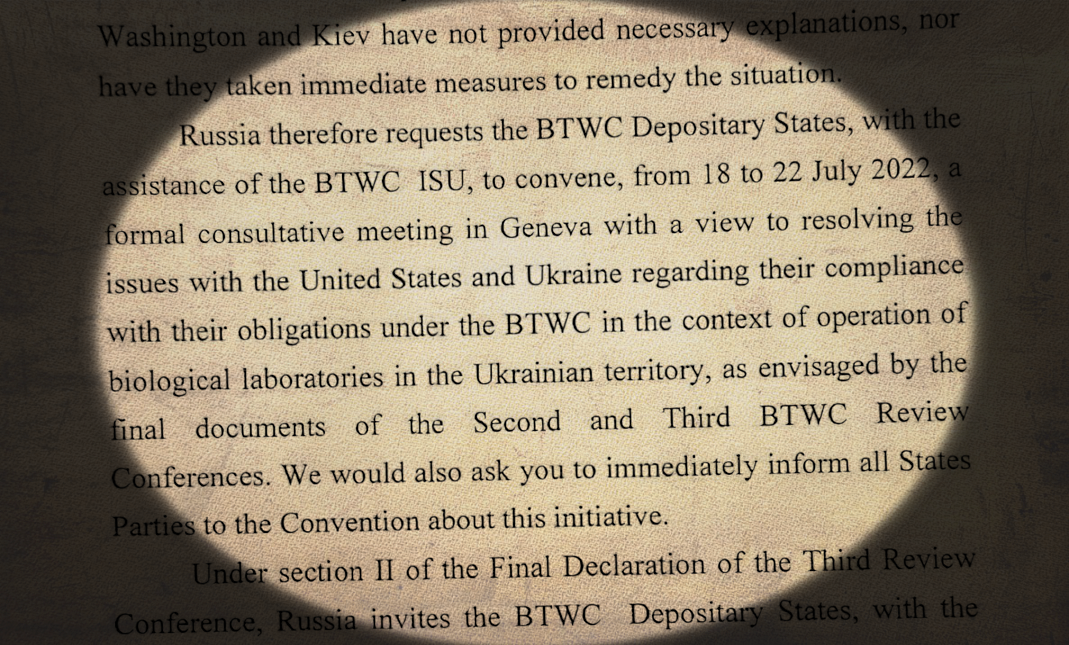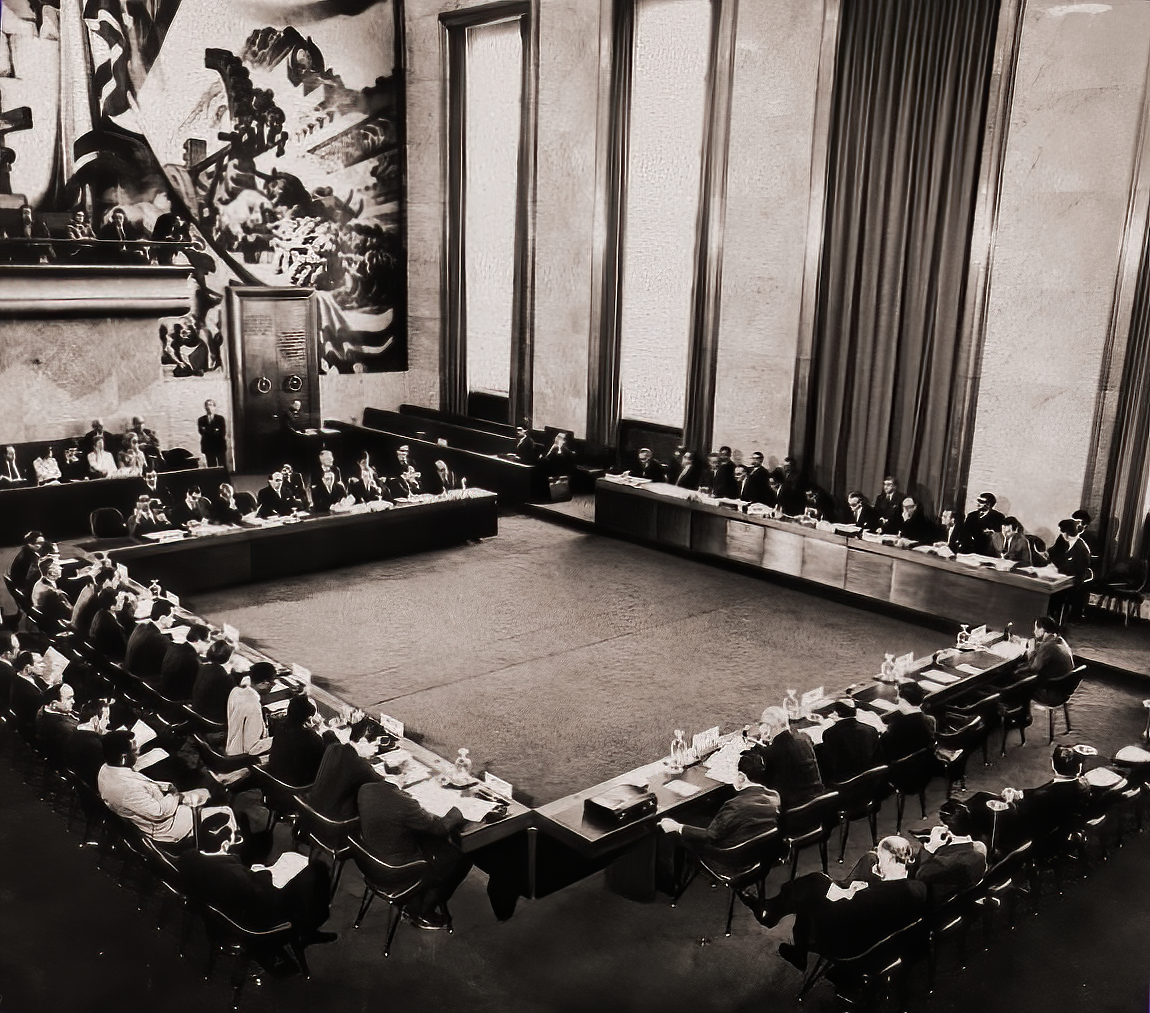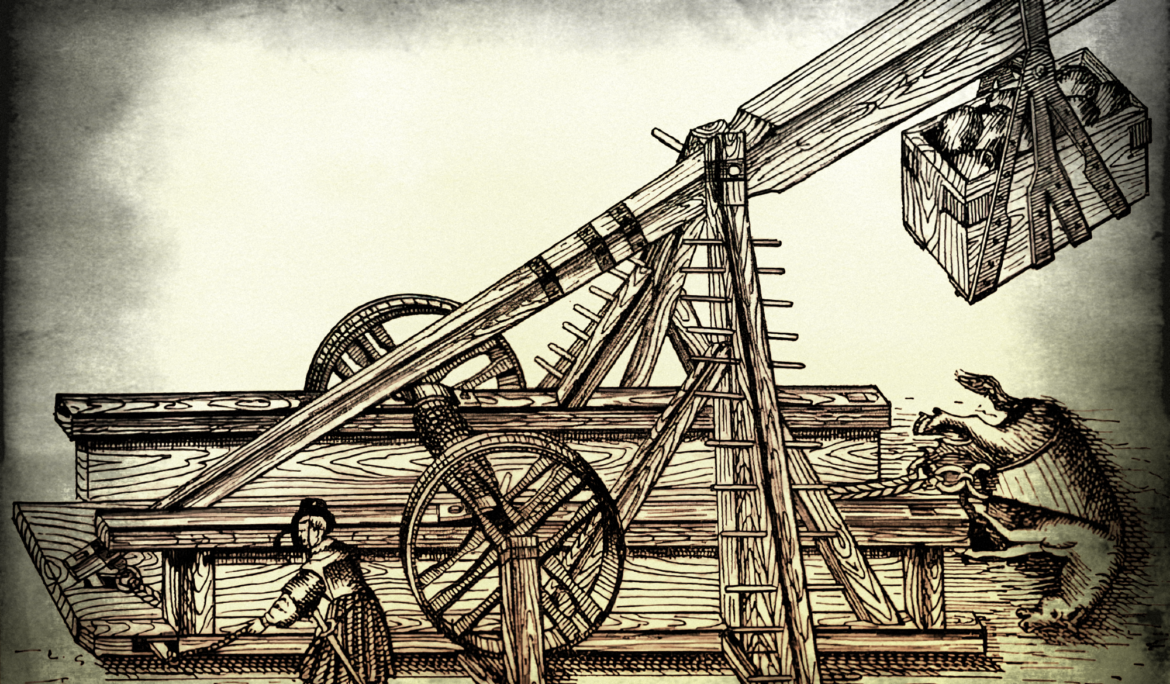Heard It on the X: The active US biological weapons programme in Ukraine
Do you remember the 1975 song ‘Heard It on the X’ by the Texan blues-rock band ZZ Top? In the 1960s and 70s, the ‘X’ referred to the first letter of the codes for Mexican private radio stations. Contrary to their American counterparts, they broadcast with unlimited wattage and thus covered most of the USA. Anybody could buy any amount of radio time. So, many US preachers and other quacks exploited the opportunity to peddle their ‘truths’, Jesus-autographed prayer cloths, snake oils, or whatever. Almost half a century later, Elon Musk bought Twitter, rebranded it ‘X’, and began pushing his …
On the medieval siege of Caffa and Black Death
Catapulting corpses? A famous case of medieval biological warfare probably never happened By Matt Field, August 10, 2023 Poke through the history of biological weapons long enough and you will likely come across a particularly macabre claim. In 1346, the story goes, an army of the Golden Horde—an offshoot of Genghis Khan’s Mongol empire—was laying siege to Caffa, a Genoese trading center on the Crimean Peninsula. But as Janibeg, the ruler of the Golden Horde, waited for Caffa to surrender, his fighters began to succumb to a mysterious ailment. “It was as though arrows were raining down from heaven to …
Verification and Transparency: Learning from Project Coast
Introduction to Historical Notes, Issue #5 The fifth issue of the Historical Notes series was prepared by Professor Brian Rappert, Ms Lizeka Tandwa and Dr Chandré Gould. The South African Defence Force (SADF) established a top-secret chemical and biological weapon (CBW) programme code-named ‘Project Coast’ that operated between 1981 and 1995. Its primary aims were to develop a defensive capability for the SADF and weaponise chemical agents for crowd control, specifically during protests, and for the targeted assassinations of political activists in and outside of South Africa. The history and motives of this CBW programme, as far as it can …
Russia’s apoplexy over biological research – Implications for the BTWC and its Articles V and VI
Since the summer, Russia has been adding chapters to the history of the Biological and Toxin Weapons Convention (BTWC) with its allegations of treaty violations against Ukraine and the USA. So far, it has culminated in convening a Formal Consultative Committee (FCM) under BTWC Article V in September and filing an Article VI complaint accompanied by a draft resolution proposing an investigative commission with the United Nations Security Council (UNSC) in October. The FCM was inconclusive because states parties reached no consensus on whether Moscow’s allegations have merit. Notwithstanding, a large majority of participating states rejected the accusations in their …
Biological weapon monitoring in Iraq
Introduction to Historical Notes, Issue #4 The fourth issue of the Historical Notes series was prepared by Dr Gabriele Kraatz-Wadsack. She was a weapons inspector with the UN Special Commission (UNSCOM) in Iraq, later Chief of the Weapons of Mass Destruction Branch – UN Office for Disarmament Affairs. She also served in the German Armed Forces and the Federal Foreign Office. In this fourth issue of Historical Notes, she describes the only instance of international monitoring in the biological weapons (BW) area. It draws on her first-hand experience to launch and manage biological ongoing monitoring in Iraq from 1995 through …
The Retort: Evolving CBW disarmament challenges
Dr Brett Edwards (Lecturer, University of Bath) and Professor Lijun Shang (School of Human Sciences, Metropolitan University London) are collaborating on The Retort, a new series of educational video recordings via YouTube on chemical and biological weapons (CBW), their disarmament, and the evolving threats they still pose. The recordings aim to give the public a general understanding of issues ahead of the review conferences of the Biological and Toxin Weapons Convention (28 November – 16 December 2022) and the Chemical Weapons Convention (May 2023). For each video recording, the intiative takers invite an expert in the field. So far, three …
Maintaining treaty integrity in the face of biological disinformation warfare
Russia has called for a Formal Consultative Meeting under the Biological and Toxin Weapons Convention (BTWC) to address its (fake) accusations against the US and Ukraine concerning biological research programmes. This meeting will start on Monday, 5 September. Treaties are like Roses, published in CBRNe World, August 2022, pp. 61-64b [From the introduction] Article V of the 1972 Biological and Toxin Weapons Convention (BTWC) foresees in consultation and cooperation among states parties to address any problem concerning the implementation of the disarmament treaty. The First BTWC Review Conference (1980) agreed on the concept of a consultative meeting at the expert …
Reflections of a negotiator on the BTWC Ad Hoc Group
Introduction to Historical Notes, Issue #3 The third issue of the Historical Notes series was prepared by Dr Robert (Bob) J. Mathews. From 1984 until 2017, he served as Scientific Adviser to Australian delegations during the negotiation and implementation of the Chemical Weapons Convention (CWC) and efforts to strengthen the Biological and Toxin Weapons Convention (BTWC). In this third issue of Historical Notes, he reviews the efforts undertaken by the states parties to the BTWC to equip the convention with verification tools and set up an international organisation to oversee its implementation. As soon as the treaty negotiations came to …
CBW in Regional Disarmament in the Middle East and North Africa
Just published (Open access): Jean Pascal Zanders (2022): Chemical and Biological Weapons in RegionalDisarmament in the Middle East and North Africa, Journal for Peace and Nuclear Disarmament,DOI: 10.1080/25751654.2022.2092368 From the introduction: In November 2019, the Conference on the Establishment of a Middle East Zone Free of Nuclear Weapons and Other Weapons of Mass Destruction held its first session. The new series of annual one-week meetings to eliminate non-conventional arms – essentially nuclear weapons (NW), and to a lesser extent chemical and biological weapons (CBW) – followed the acceptance by the First Committee of the UN General Assembly (UNGA) of Egypt’s …
Catapulting Cadavers: A Medieval Practice of Biological Warfare?
Introduction to Historical Notes, Issue #2 The Mongol siege of Caffa in 1346 is closely associated with the spread of the plague epidemic to continental Europe and northern Africa. A major Genoese trading post in the Crimea, its citizens escaped via the Black Sea and the Bosporus, eventually bringing the Black Death to Mediterranean ports from where it spread inland or onward to coastal cities in west and north Europe, eventually reaching even Iceland. Bad as the medieval pandemic was, its transfer to the Mediterranean basin some authors have attributed to an act of warfare: the catapulting of plague-ridden corpses …


